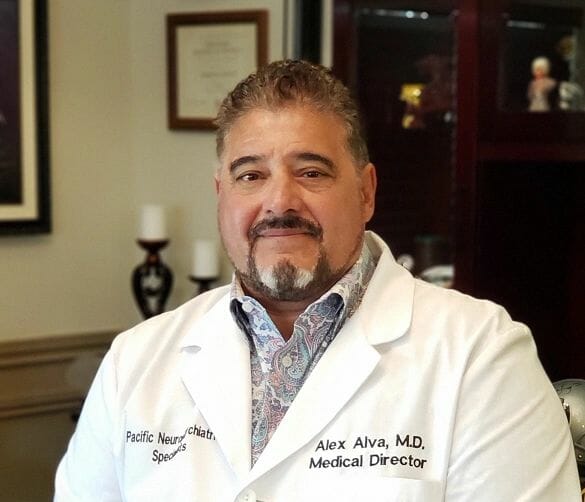What are the symptoms of alcoholism?
Most of the time the one who suffers from alcoholism has been told by several people they have a drinking problem and they frequently say they have it under control. Generally speaking the symptoms of alcoholism are:
- Inability to limit the amount of alcohol consumed
- Unsuccessfully cutting down or limiting how much you drink
- Spending time regularly drinking, purchasing alcohol, or recovering from drinking
- Your body craves alcohol or you have urges to drink
- Failure to meet obligations with your work, home, or school
- Drinking alcohol when you know it causes physical, social, or relationship problems
- Termination or reduction of work and social activities
- Unsafe use of alcohol when it’s use is not safe (driving, working, etc.)
- Developed tolerance – to the point where you need to consume more alcohol to reach the desired effect
- Withdrawal symptoms including shaking, nausea, sweats… often you may drink to avoid having these symptoms
What is alcohol withdrawal?
When a person stops or greatly reduces their consumption of alcohol they may have the following symptoms occurring within hours and lasting possibly up to a week.
- Sweating
- Rapid heartbeat
- Shaking (hand tremors)
- Sleep problems
- Nausea or vomiting
- Hallucinations
- Restlessness
- Agitation
- Anxiety
- Seizures
When to see a doctor about alcoholism?
When you feel you drink too much, if your drinking is causing relationship or daily life problems, if your family or friends have expressed concern – please talk with a doctor. When you speak with a psychiatrist they may identify other issues you haven’t been aware of and address those, as well. You may also seek help from another mental health professional, a support group, a treatment facility, or a self-help group.
Denial is very common and nearly everyone who has a problem with drinking too much alcohol feels like they do not have a problem. But, others in your life may express the above changes in behavior. There is absolutely no shame or need to feel guilty about at least talking to a professional. At PNS, we understand what people go through and we are here to help.What is alcohol withdrawal?
Who is at risk for alcoholism?
Many times alcohol use begins in the teens or early 20’s, however, it can start at any age and may be triggered by a life altering event, such as divorce, death, or job loss. Higher risk scenarios are:
- Steady drinking
- Early age drinking (especially binge drinking)
- Family history of alcohol abuse
- Depression or another mental health issue
- Trauma history
- Bariatric surgery
- Social or cultural issues (often times friends or family who are drinking with you)
If you or someone you know is fighting addiction, please give us a call at 714.545.5550. We are here to help.

